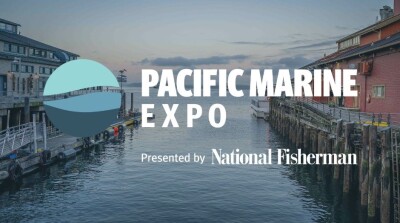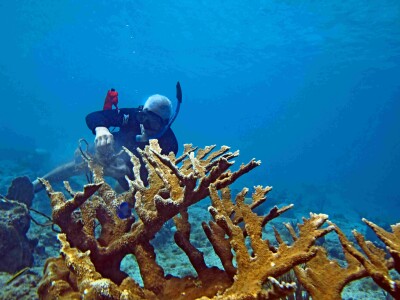The announcement of devastating quota cuts and subsequent disaster declaration for New England’s iconic groundfish fishery made a big splash in the media. But while the rest of the news cycle moved on to other stories, journalist Farhod Family believed there was still much more to tell.
“These guys can’t come up with a proper business plan because of all these cuts they’re facing,” he says. “Wow, they've been doing this for 400 years out of ports of New England and now it could all be finished.”
The Brooklyn-based filmmaker is working on a (still untitled) documentary telling the story of New England’s disaster through the people experiencing it.
The stories are heartbreaking, like that of Scituate fisherman Frank Mirarchi. Family says Mirachi — who in the clip below is shown on his boat and at a council meeting, saying, “This basically is perhaps the end of an era” — is a tireless advocate for the industry. But it's not enough.
“The story about Frank is he bought this boat eight years ago thinking he would fish until his retirement and pass on to his son,” says Family. But Mirachi’s son has moved away from fishing.
Family’s goal is to show how the disaster is affecting different Massachusetts towns. In New Bedford scallops have helped the industry thrive, but they are also threatened by cuts to yellowtail, an important bycatch in the scallop fleet. On the trailer, the city’s scallop boss Carlos Rafael passionately tells a council meeting what that could mean for this port:
“Some of the people in this room, they are on their last leg. You pull the plug here, they’re going to fall,” he says.
And in Scituate and Gloucester fishermen are tying up their boats because they don’t have scallops to fall back on.
“Scituate is a very small town with a small fishing fleet,” says Family. “They’re all about to be done because of these cuts.”
Though Family’s work is focused on the people in the industry, and not politics, he has taken away some things from the experience of going out on fishing boats (including a 10-day trip on Rafael’s Athena), attending council meetings and touring processing plants. He found it frustrating to observe the lack of communication between NOAA and fishermen, whom he feels have a right to question fluctuating survey data.
“One universal thought is in a few years the cod could come back, and at that point so many people will have sold their boats,” he says. “If they sell their boats, they sell their boats, that may be the end of it, who knows?”
Family, who works as a freelance journalist, is paying for the film himself, which he conservatively estimates will be released in spring 2014. He has applied for grants and may open a Kickstarter account to help with funding. Check NationalFisherman.com for updates.






